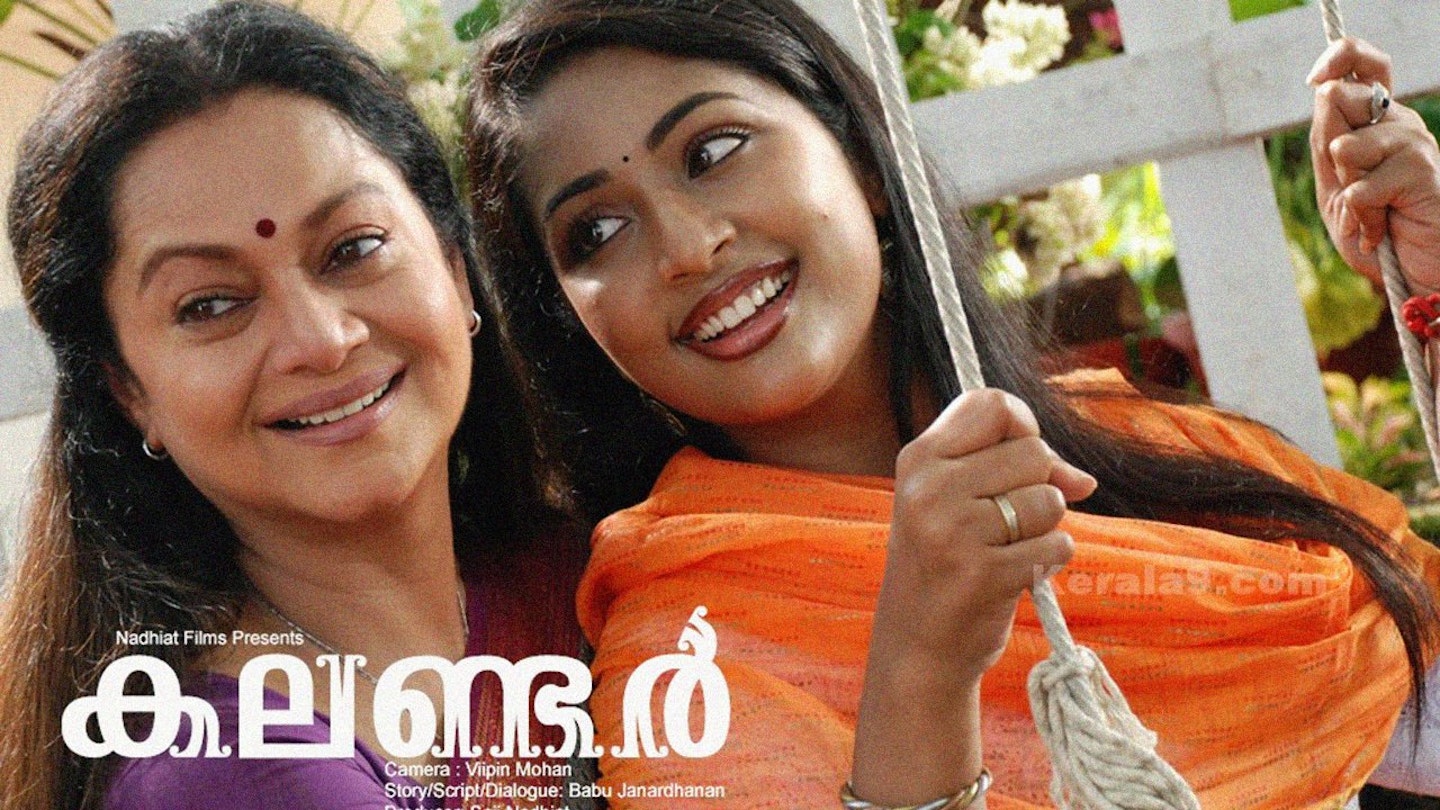Atom Egoyan an Armenian-Canadian filmmaker who's carved out a minor niche for himself in the arthouse world as an intellectual fascinated by sex, lies and videotape here turns his attention to the much thornier issue of nationalism in order to show how it is organised around the meditated images of history, landscape and desire which exist halfway between myth and memory. To make things even more tricksy, he casts himself as an Armenian-Canadian photographer and his wife (Khanjian) as the photographer's wife, both of whom are travelling through Armenia in the company of a guide (Adamian).
Employed to shoot a series of historic Armenian churches for a calendar, the photographer treats the experience as a tourist trip, constantly distancing himself from his surroundings with a video camera. His wife, meanwhile, is drawn to the much more direct attachment their guide seems to have to the native monuments they are shown. Shot in Video 8 and 16mm, this cuts between video images of the wife and the guide as they are played back in the photographers' flat a year later, and the legacy of obvious marital breakdown as it exists in a series of unanswered letters and phone messages.
Where the film succeeds is in the tourist footage (fast-forwarded, distressed, tangled with offscreen noise) which hovers uneasily between fetish, souvenir and memento. Partly this has something to do with the fact that a lot of scenes captured on videotape were improvised owing to lack of time and money, but mostly it has to do with Egoyan's extraordinary attentiveness to the full implications of what it means to make a "home" movie in the 90s.
